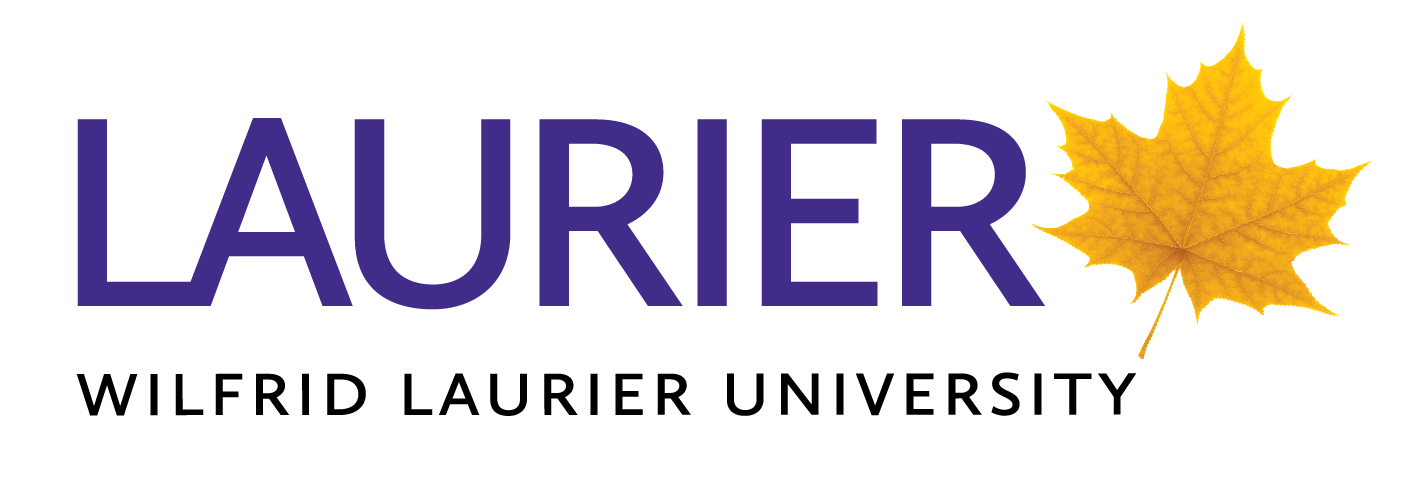0504 - Formal and Informal Exposure in DBT
Course Description
Hours: 12
Effective treatment of target behaviours in DBT requires both antecedent and contingency-management strategies. For the latter, stimulus-response relationships play a critical role in driving and maintaining dysfunctional behaviour. Stimulus-response refers to a type of reaction or consistent behaviour responses that occurs automatically when you are exposed to a specific stimulus or trigger. However, a common problem with DBT treatment fidelity and effectiveness is the failure to include stimulus-control and exposure interventions as part of the solution analysis. This, despite exposure and contingency management being two of the five main change strategies articulated in DBT. In particular, exposure, as an intervention strategy in DBT, is far-reaching. It includes the standard evidence-based treatment protocols for common comorbid disorders (like anxiety) but also more informal procedures to address a range of emotions that control dysfunctional target behaviours. This Professional Development course aims to explore exposure in-depth as one of the most important change procedures in DBT.
Learning Outcomes
By the end of this Professional Development course participants will be able to:
- Intervene with clients to decrease problematic stimuli (cues), increase useful stimuli, and/or change a client’s experience of stimuli.
- Broaden the use of exposure from a traditional focus on fear hierarchies to the multiple uses in DBT. This includes applying exposure procedures to a range of unwarranted primary and secondary emotions and sensations that control target behaviours.
- Increase the frequency of interweaving and enhancing exposure (i.e. in vivo, imaginal and interoceptive) as a solution to treat a link in a specific behaviour chain within the individual therapy session.
- Identify and address common problems in stimulus-control and cue-exposure response prevention procedures.
Notes
For more information contact the Faculty of Social Work Professional Development office:
Email: fswprofessionaldevelopment@wlu.ca
Phone: 548-889-5128
Cancellations and Transfers
Be sure to carefully review our cancellation and transfer information before registering.
Website: wlu.ca/fswpd
Prerequisites
Applies Towards the Following Certificates
This course has already taken place for the current academic year (July 1, 2024 to June 30, 2025).
The 2025/2026 Faculty of Social Work Professional Development course dates will be posted on this website on July 3, 2025.

